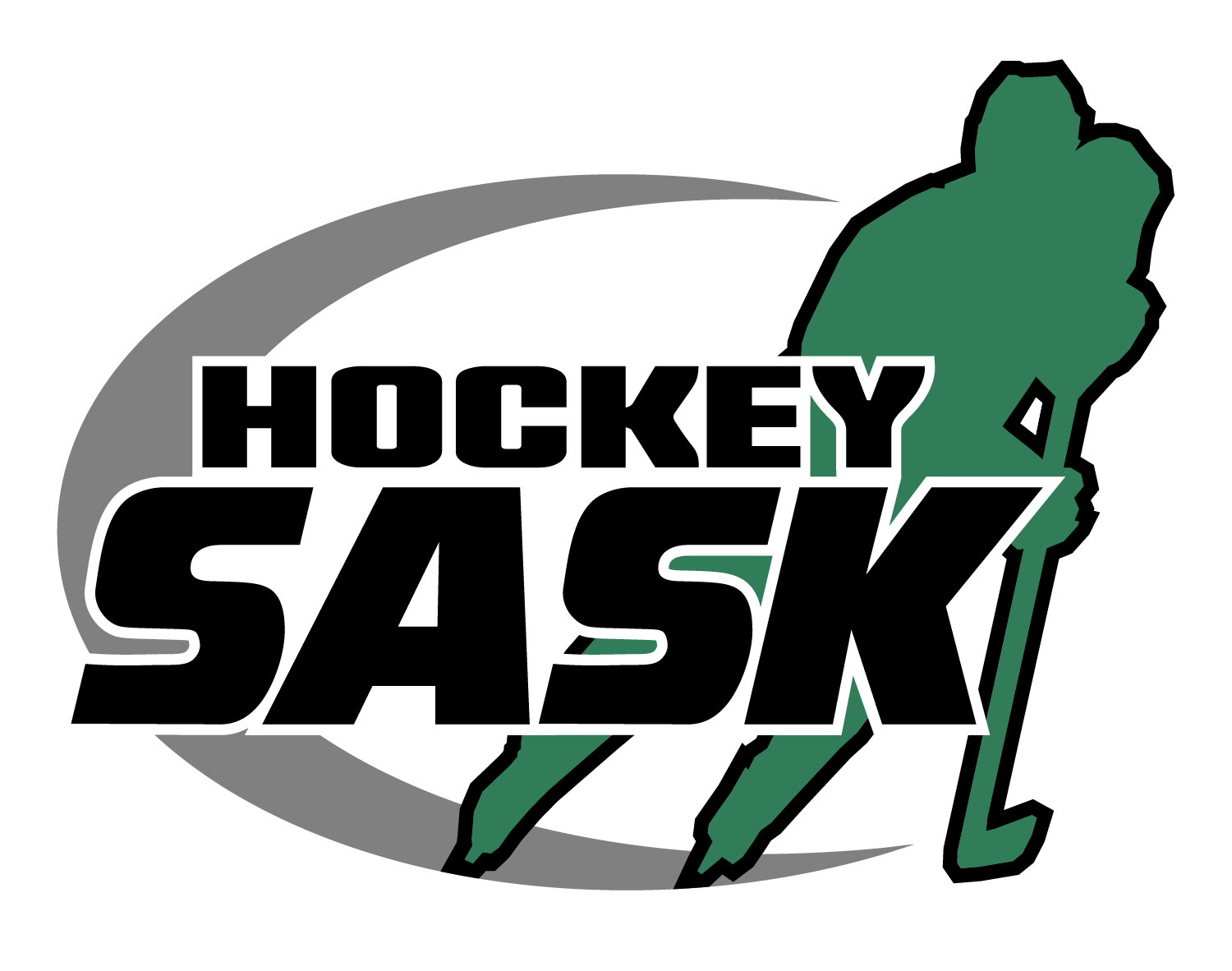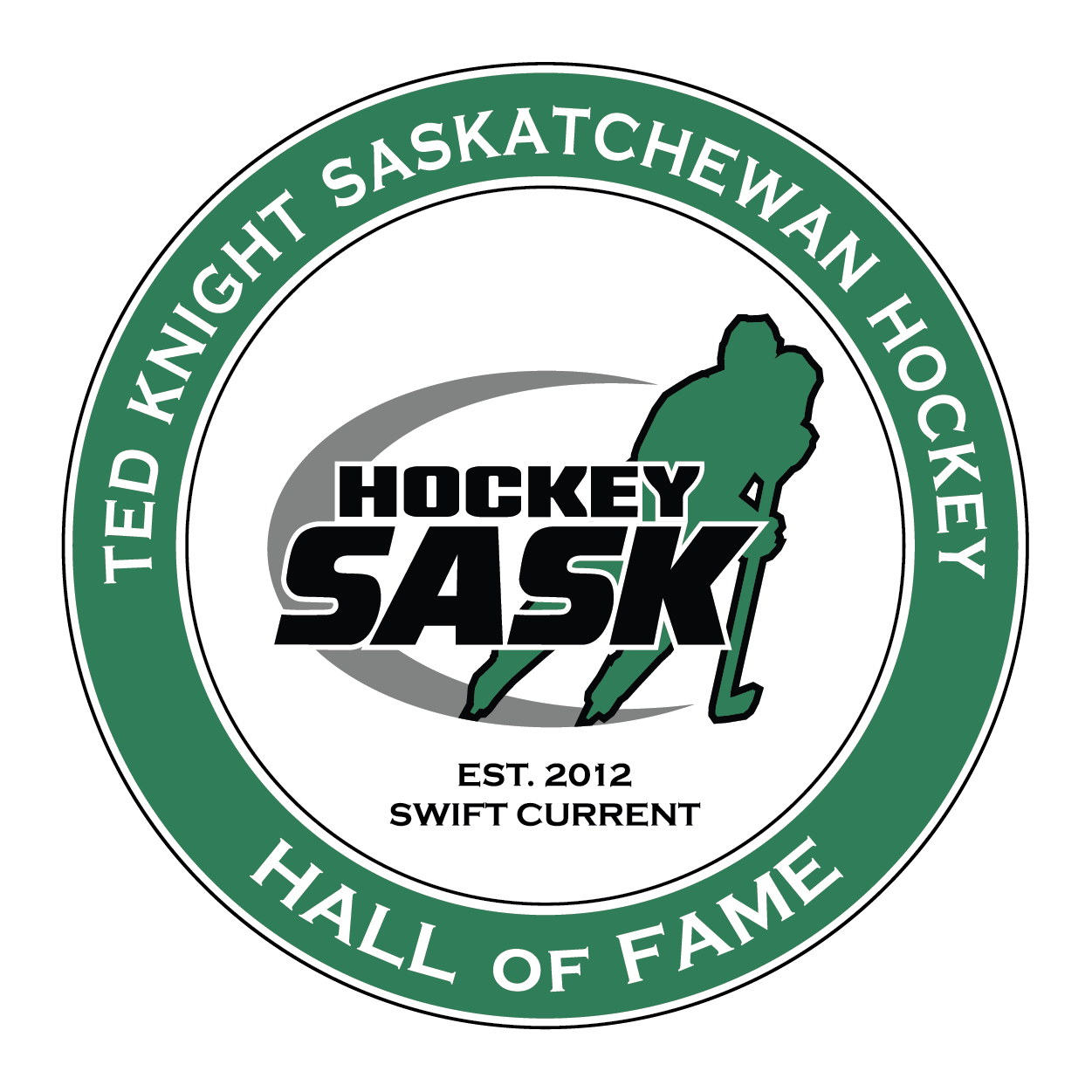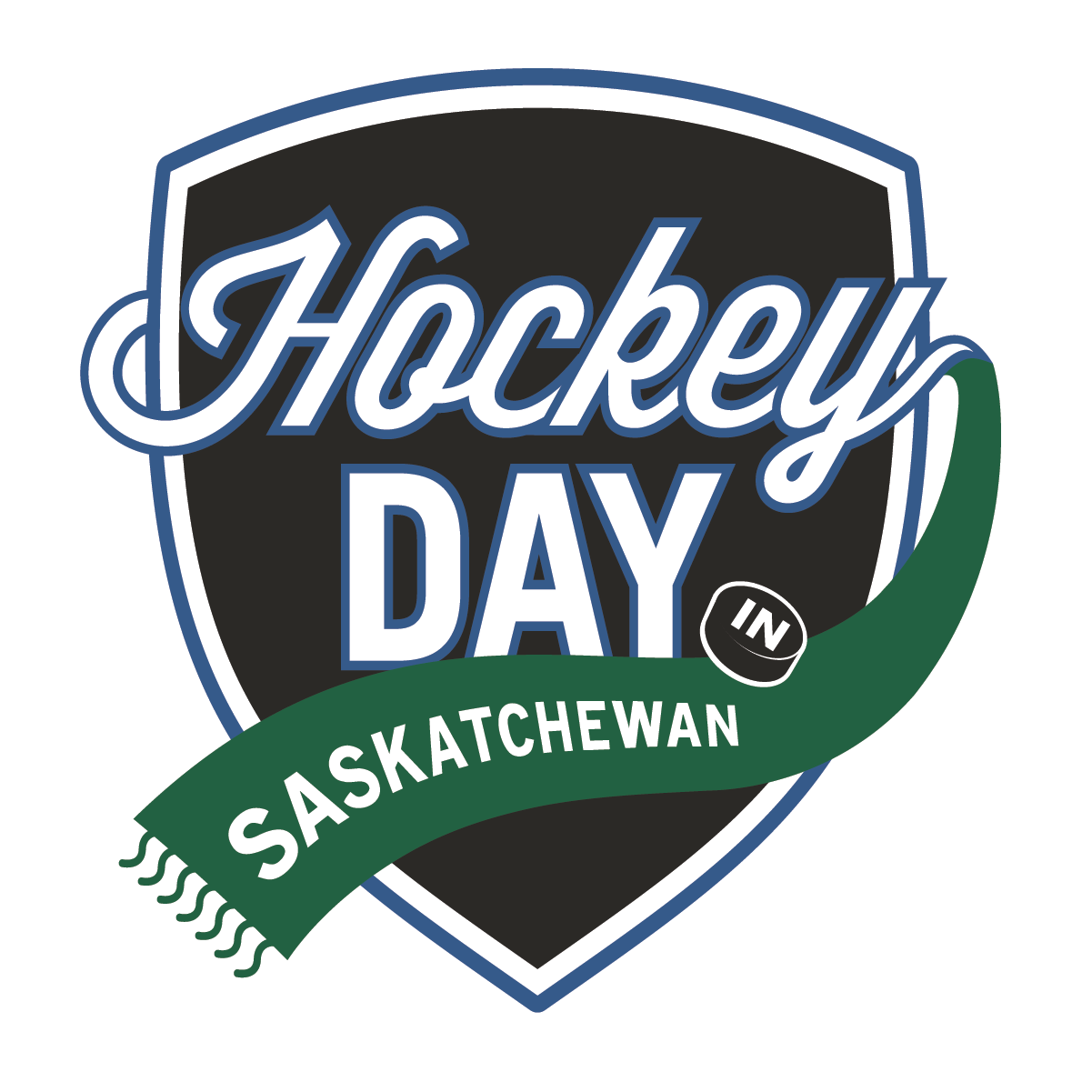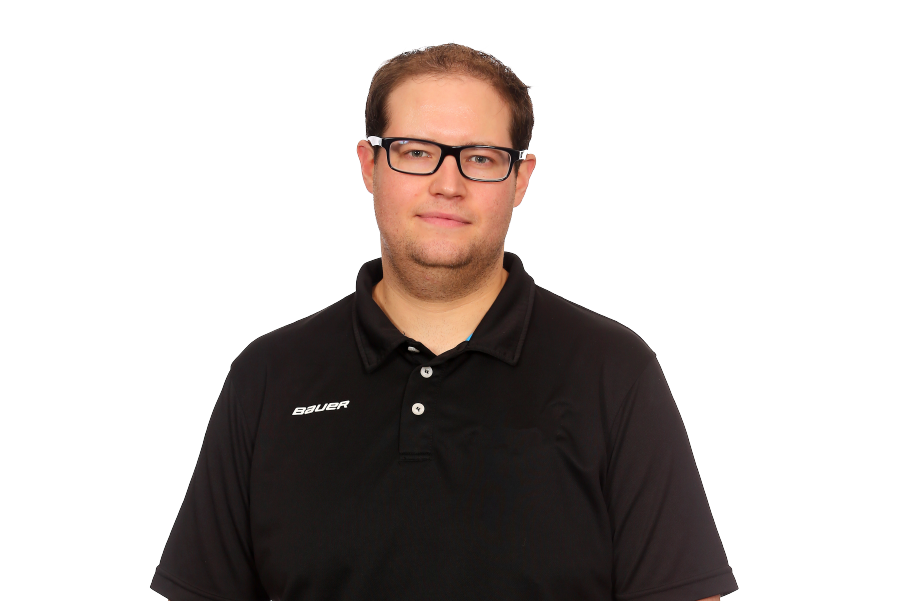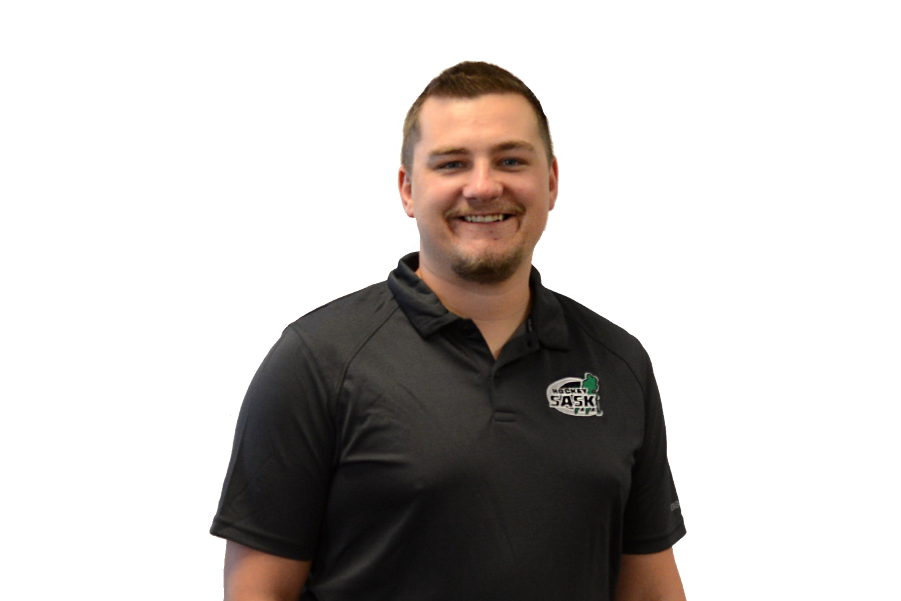
Welcome to the Officiating page for Hockey Saskatchewan's "Where Fun Wins" initiative! Here, you'll find everything you need to know about becoming a part of our vibrant officiating community.
Whether you're a seasoned referee/linesperson or just starting out, this page is your go-to resource for training, certification, and ongoing support.
Join us in ensuring that every game is fair, safe, and fun for all players while making lifelong connections in the world of hockey!
Officiating is a crucial component of hockey, ensuring that the game is played fairly, safely, and within the rules. Whether you're a seasoned official or just starting your journey, becoming an official in Hockey Saskatchewan offers a unique opportunity to contribute to the sport, develop leadership skills, and be an integral part of the game. Our officiating program provides comprehensive training and resources to equip you with the knowledge and confidence needed to make the right calls, manage the flow of the game, and uphold the spirit of hockey at every level.
Get Started Officiating
One of the perks of officiating is the ability to tailor game assignments to fit your personal schedule, while also making some money, being involved in a great sport and meeting new people involved with the game.
Officials can officiate at levels of play one age group below the current level they would be playing. For instance, a 12-year-old official could referee games at the U11, U9, and U7 levels. Advancement opportunities are offered based on skill, proficiency, and maturity, assessed by local assignors and official coaches.
The minimum age for officials to get certified is 10 years old, as of December 31 of the current season.
What should you expect?
- Officials will be responsible for administering the rules of the game to ensure it is played in a fair and safe manner for all participants.
- New officials should develop an understanding of the basic rules and procedures used for the levels they are officiating. This will be done through annual training with clinics and online modules and resources provided.
- In many areas, there may be grassroots official coaches and mentors and officials early in their careers should be partnered with more experienced officials or possibly have an official coach or mentor at some of their first games.
- Make a good wage as an official while being active and making new friends.
- Develop confidence in managing a game and learn many personal skills that can be applied on and off the ice.
- Understand that assignors will try and do their best to balance out the number of games assigned, but it may not always work out to equal assignments. More experience and proficiency as an official should result in more game assignments and opportunities.
- All officials develop at different speeds.
- Continued development as an official and put in your best effort.
- You will make mistakes, we all do, officials are human and learning the game just like the young players.
- Have fun, enjoy your role as an official, and want to come back next season.
Officials Equipment
Required Equipment:
- Black helmet and visor
- Hockey skates
- Finger grip whistle
- Official’s jersey with Hockey Saskatchewan and Hockey Canada crests
- Black pants
- Green armband for officials 15 and under
*Note: The Hockey Saskatchewan crest should be sewn on the official's jersey, slightly above the left breast, while the Hockey Canada crest should be sewn on the left bicep area, facing away from the body.
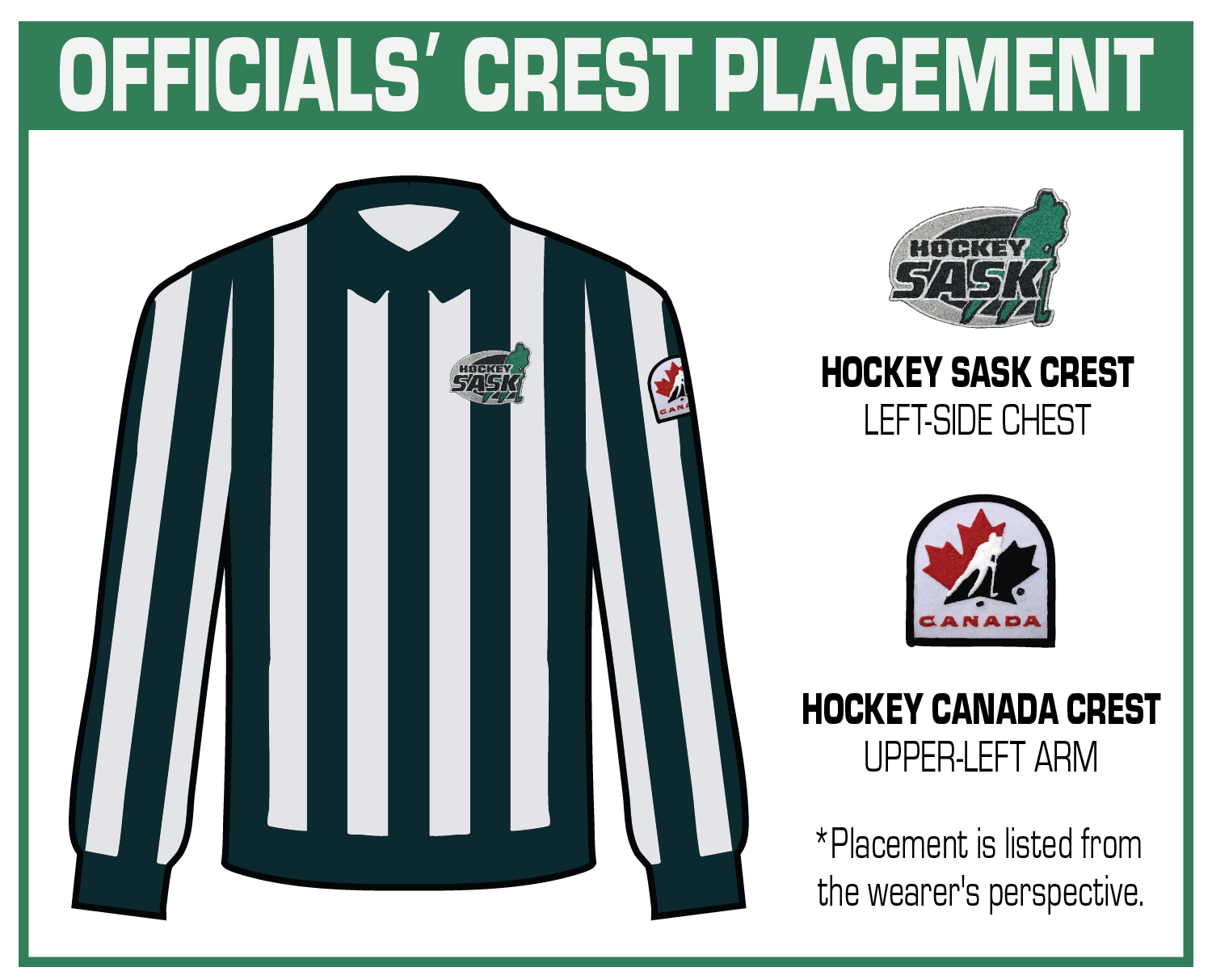
Recommended Equipment:
- Elbow pads
- Shin pads
- Shin tights
- Referee armbands
- Protective girdle
- Athletic cup
*Note: Most sports stores have some officiating equipment in stock, but other options like used equipment or online websites provide everything that would be required.
Officiating U7
This is a valuable chance for new officials to get all their equipment and don their uniforms and step onto the ice in simulated game situations.
The Under-7 (U7) Cross-Ice officiating system provides a less formal, but positive environment where they can learn fundamental officiating skills.
What should you expect?
- Officials may work about 10-15 games a season depending on their association and number of games and officials available.
- Learn basic skills such as: dropping pucks, skating skills, foundational positioning, spatial awareness, establishing good sightlines, making decisions such as goals and when to blow the whistle.
- Start to build confidence and passion for officiating that will assist you in your future.
- Development resources are available through the Hockey Saskatchewan website and social media accounts throughout the season.
- Experienced officials and local mentors or assignors should be a support system for questions and clarification needed.
Cross-Ice Basic Rules (U7)
- Games will be 2 x 24-minute periods.
- Teams will switch ends after first period.
- Officials or coaches should draw a dot in the middle of the playing surface for all face-offs.
- Buzzer will sound every 2 minutes to signal a line change and a face-off will take place at the start of every shift.
- Scores will not be kept, and officials do not need to record goals or penalties.
- After a goal, the official will point and blow their whistle to signal the goal. Then they will back the scoring team off to their own net, they will move the puck behind the net for the defending team to restart play.
- Frozen Pucks or pucks out of play will see the officials blow the whistle, back the attacking team off to half and put the puck beside the net to resume play.
Officiating U9
This is a valuable chance for officials to up their game and step onto the ice in real game situations.
The Under-9 (U9) Half-Ice officiating systems provide a positive environment where officials can expand their knowledge and learn fundamental officiating skills while perhaps working with a partner on the ice.
What should you expect?
- Officials may work 15-20 games a season depending on their association and the number of games and officials available. As they continue to develop, they will likely receive more opportunities.
- Learn basic skills such as: dropping pucks, skating skills, foundational positioning, spatial awareness, establishing good sightlines, making decisions such as goals and minor infractions and working in the two-official system.
- Officials, in collaboration with their partners, are tasked with administering the rules of the game to guarantee fair and safe play for all participants.
- Start to build confidence and passion for officiating that will assist you in deciding whether to continue in this role for future seasons.
- Development resources are available through the Hockey Saskatchewan website and social media accounts throughout the season.
- Senior officials and local mentors or assignors should be a support system for questions and clarification needed.
Half-Ice Basic Rules (U9)
- Games will be 2 x 24-minute periods.
- Teams will switch ends after first period.
- Officials or coaches should draw a dot in the middle for all face-offs.
- Buzzer will sound every 2 minutes to signal a line change and a face-off will take place at the start of every shift. The clock will continue to run.
- Scores will be kept, but officials do not need to record goals or penalties.
- Goalies may not be pulled at any time.
- Goal Procedure – Point, blow the whistle. Then back the scoring team off to their own net, move the puck behind the net for the defending team. To start play. With 1 or 2 officials.
- Frozen Pucks, Game Flow, Pucks out of Play Procedure – Blow whistle back the attacking team off to half, put the puck beside the net and resume play with 1 and/or 2 officials.
- Penalty Procedure – Officials will raise their non-whistle arm, record the player, colour, number and infraction. Blow the whistle when their team gains possession of the puck. Stop, lower arm and with an open handed and fingers together point at the player record the colour, number and infraction and make the signal. Escort that player to the skills area, their team bench or the penalty box depending on the rink setup. Gather the puck at centre ice and blow play in for the non-penalized team to start play. Penalties will last as long as the rest of that player’s shift or until the opposing team scores a goal.
- Signals – Ensure to have a straight arm and fingers together when make your signals.
Officiating U11
Officials that work U11 games will likely be returning officials and will have some experience officiating before being assigned at this level.
What should you expect?
- Understanding your role as an official in 2-Official, Modified 3-Official system or possibly 4-Official System, in some centres.
- Officials may have the opportunity to be assigned as a referee or linesperson at this level.
- Officials, in collaboration with their partners, are tasked with administering the rules of the game to guarantee fair and safe play for all participants.
- Confidence in managing a game and developing as an official while developing a passion for the job.
- To use proper mechanics and procedures in game, and have a good understanding of the rules.
- Apply the icing and offside rules as well as the many of the penalties outlined in the Hockey Canada rulebook.
Full-Ice Basic Rules (U11)
- Games may be full length games of 3 20-minute stop-time periods or may be modified in leagues and tournaments.
- The Hockey Canada Rule Book rules and Hockey Canada Officiating Procedures Manual will apply to all games played at this level.
- Goals and penalties will be record by the referee.
- Offsides and icings will be called by the linesperson.
Officiating U13
By U13, officials have usually built some experience at younger age divisions and are ready for the next step. At this level, officials must be at least 13 years old and will start to see more structured hockey, including modified three or four official systems. This means you could be assigned as either a referee or a linesperson, depending on your association and league policies.
U13 can bring new challenges and exciting opportunities. Officials may be introduced to the AA stream, provincial playoffs, and even more travel as communities combine to form teams. With these changes, games may feel faster and more competitive but also more rewarding. Officials will grow in confidence with every game they work, learning how to stay composed, fair, and focused while having fun on the ice.
One big difference at this level is managing new responsibilities: scrums, timeouts, penalty shots, and handling conflicts with calm communication. It is also important to stay neutral even if you are officiating games that include old teammates or familiar coaches. Respect is key both ways: give it, expect it, and you will earn it.
Like at every level, the essentials still matter: proper equipment, showing up on time, good skating, strong rule knowledge, and a positive attitude. Most of all, remember that officiating U13 is about building pride in your role and enjoying the rush of being part of the game.
Want to dive deeper into positioning and systems? Check out:
How to Become a Certified Official
- All new officials must complete the Hockey Canada Intro to Officiating course
- Register and pay registration fee online
- Sign-up and attend a Level 1 Officials Clinic
- Level 1 clinics consist of classroom sessions and on-ice sessions. Bring your skates, helmet (with visor) and a whistle to your on-ice session as well as a pen to the classroom for your workbook and have someone drop you off with a cellphone to register at the camps.
- Officials will need to recertify and register each season and are certified up until December 31 of the next year after taking the course.
How to be Assigned Games
- Once you are a certified official, contact your local Minor Hockey Association and let them know you are a new official in the area.
- Ask if they require any information from you and how they assign games in your area, as each community may have a different program or structure for assigning and paying officials.
Important Tips
- Dress appropriately and try to avoid wearing team jackets to the rink to avoid the perception of favoritism and look professional for the job.
- Arrive a minimum of 30 minutes prior to the start of the game
- Do not be afraid to ask for feedback from other officials, assignors or mentors
- Watch other officials in other games and other levels and recognize what they do well and what doesn’t work well on the ice and try to implement that into your game.
Official Coaches
Thank-you for your interest in becoming a Hockey Saskatchewan Officiating Development Program Official Coach. Coaching, support, education and communication are crucial parts to a successful officiating program for your local community and the Saskatchewan Officiating Development Program.
What should you expect?
- An official coach must be prepared to spend time with each official evaluated and discuss each performance. The most important responsibility the official coach must realize is that they are there to assist officials to become better.
- Official coaches must realize their responsibility to not only evaluate performance, but to also coach and offer suggestions to improve areas of concern.
- Official coaches must realize the importance of complete and detailed reports. Once a report is submitted, it is also automatically sent to each official and a member of the Hockey Saskatchewan Officiating Development program to track reports and process of you as an official coach and the officials.
- After the reports are submitted, expense forms should be submitted monthly for game fees and travel expenses for coaching and will be paid by Hockey Saskatchewan.
- Always show respect for my fellow official coaches, officials, the players, coaches and fans.
Additional Official Coach Information: CLICK HERE
Attend Official Coaching seminars and view Official Coaching Videos produced throughout the season.
Local Administrators
These positions may be volunteer or paid positions within your local organization, but regardless of the description of the rule, the administrative work to help support, educate and communicate with your officials is extremely important.
If we can provide positive experiences for officials within their local association there is a much higher chance of retention.
What should you expect?
- Communicate internally with all officials and members of your association throughout the season.
- Work closely with official coaches to evaluate and provide support for officials.
- Administer the game assignments as balanced and fairly as possible based on the official’s on-ice ability, minimum age standards, attitude, availability, location, experience and league and association budgets.
- Understand the policies and procedures of the local association, leagues and Hockey Saskatchewan when it comes to officials and game assignments.
- Communicate with Hockey Saskatchewan in regards to official clinics host locations or options to provide a place for your local officials to get certified each season.
- Monitor the certification and completion of the requirements for officials each season to ensure that no officials with expired credentials or incomplete requirements are working games.
- Have a community-specific plan for recruitment and retention for officials for your association.
- Promote officials to applicable Hockey Saskatchewan programs and camps as well as provide feedback on local officials for league promotions and provincial assignments.
Additional Local Administrators Information:
Attend or review the pre-season virtual information meeting
Review the MHA Official Consistency Standard Document
Communicate with Saskatchewan Officiating Development Program Regional Grassroots Task Team Coordinator assigned to your area.
Contacts and Support
Resources
- Hockey Canada Rule Book
- Hockey Canada Officiating Program
- Western Canada Officiating Development Partnership
- Hockey Canada Officiating Procedures Manual
- Hockey Canada Officiating Duties for Referee and Linespersons
- Hockey Saskatchewan Officiating Development Program Contacts
- Hockey Saskatchewan ODP Videos
- Hockey Saskatchewan Online Store
- Hockey Saskatchewan 'Know Before You Go' Manual
- Hockey Saskatchewan ODP Getting Started Guide






